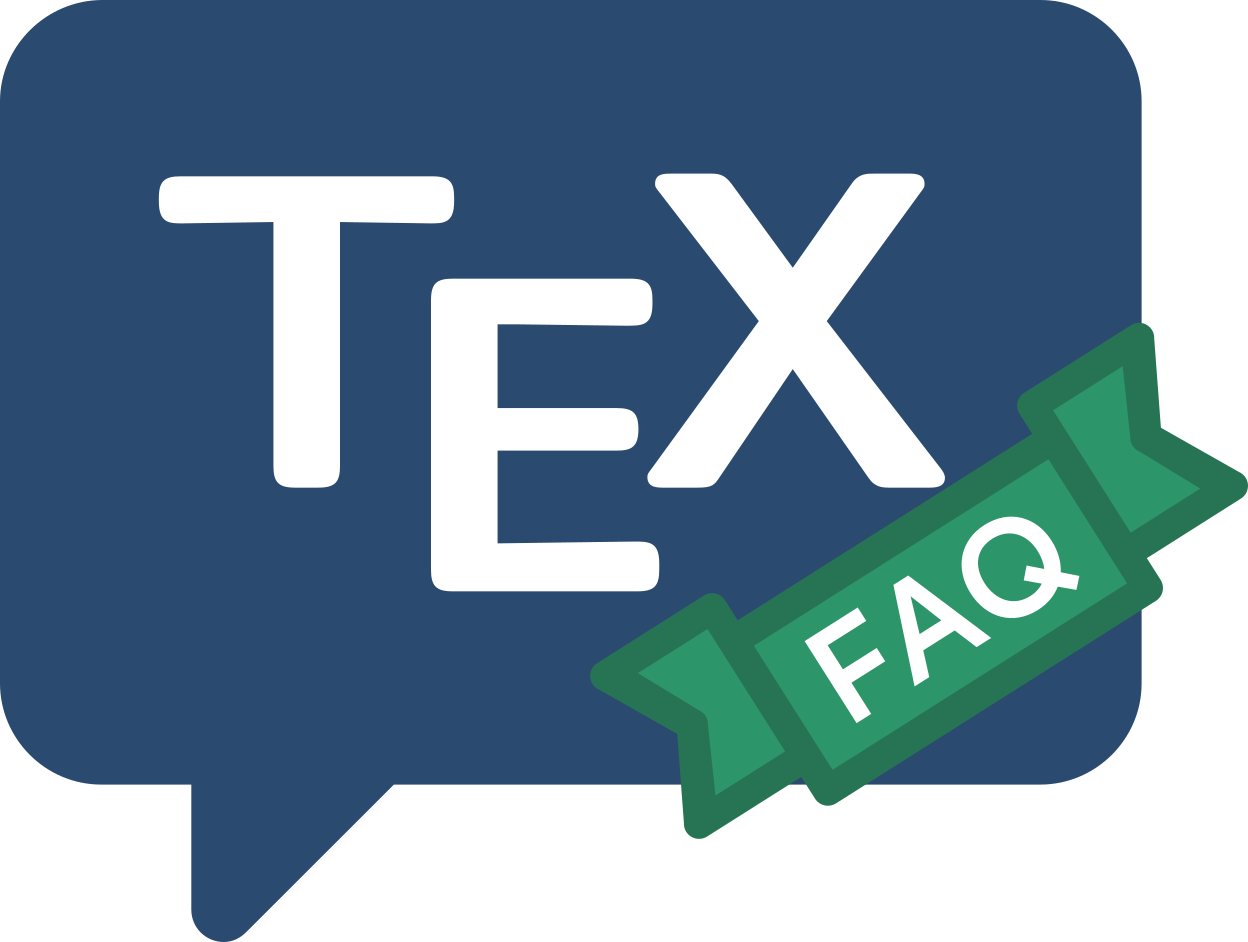
Frequently Asked Question List for TeX
Formatting
How to typeset an underscore character
The underscore character _ is ordinarily used in TeX to
indicate a subscript in maths mode; if you type _, on its
own, in the course of ordinary text, TeX will complain. The
“proper” LaTeX command for underscore is \textunderscore,
but the LaTeX 2.09 command \_ is an established alias. Even so,
if you’re writing a document which will contain a large number of
underscore characters, the prospect of typing \_ for every one
of them will daunt most ordinary people.
Moderately skilled macro programmers can readily generate a quick hack
to permit typing _ to mean “text underscore” (the answer in
“defining characters as macros”
uses this example to illustrate its techniques).
However, the code is somewhat tricky, and more importantly
there are significant points where it’s easy to get it wrong. There
is therefore a package underscore which provides a general
solution to this requirement.
There is a problem, though: OT1 text fonts don’t contain an
underscore character, unless they’re in the typewriter version of the
encoding (used by fixed-width fonts such as cmtt). In place
of such a character, LaTeX (in OT1 encoding) uses a short rule
for the command \textunderscore, but this poses problems
for systems that interpret PDF — for example those
PDF-to-voice systems used by those who find reading difficult.
So either you must ensure that your underscore characters only occur in text set in a typewriter font, or you must use a more modern encoding, such as T1, which has the same layout for every font, and thus an underscore in every font.
A stable procedure to achieve this is:
% (1) choose a font that is available as T1
% for example:
\usepackage{lmodern}
% (2) specify encoding
\usepackage[T1]{fontenc}
% (3) load symbol definitions
\usepackage{textcomp}
which will provide a command \textunderscore which robustly
selects the right character. The underscore package,
mentioned above, will use this command.
FAQ ID: Q-underscore